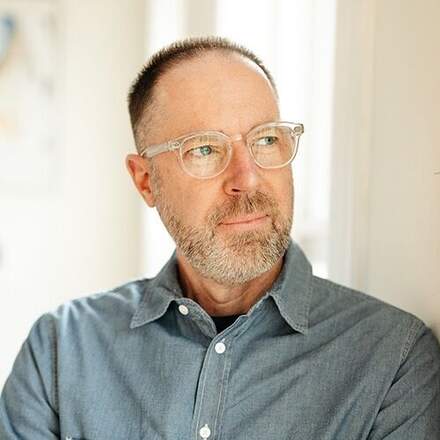About
Notes from our Annual Dickinson Evening in D.C.
December 15, 2009
Last night, Monday, December 14th, at the Folger Shakespeare Library in Washington, DC, Lucie Brock-Broido read from and discussed her second book, The Master Letters inspired by three heartrending drafts of letters Emily Dickinson addressed to "Master" from 1858-1862, found in a box after her death by her sister Lavinia
Last night, Monday, December 14th, at the Folger Shakespeare Library in Washington, D.C., Lucie Brock-Broido read from and discussed her second book, The Master Letters (Alfred A. Knopf, 1995), inspired by three heartrending drafts of letters Emily Dickinson addressed to "Master" from 1858-1862, found in a box after her death by her sister Lavinia. The second includes the following, of the speaker she calls Daisy,
…perhaps
her odd—Backwoodsman
(life) ways (troubled) teased his finer sense (nature)
Daisy knows all that—
And from the third letter,
God made me—(Sir)—Master—I didn't
be—myself—(He) I don't know how
it was done—He built the
heart in me—Bye and bye
it outgrew me—and like
the little mother—with the
big child—I got tired
holding him—
I know firsthand the rigor and intense discipline that lie behind the baroque brocade of Lucie Brock-Broido's language and poems in her three singular books, A Hunger, The Master Letters, and Trouble in Mind.
Many years ago—in the early and mid-1980s—Lucie and I corresponded about her debut collection, and as the book underwent its many startling transformations, I saw the bar lifted higher and higher as she sought to wrest the essential manuscript from the manifold versions she produced.
This hard-won achievement was recognized in 1988 by Helen Vendler, one of our country's most brilliant and diligent critics, who wrote in The New Yorker, where I had begun serving as poetry editor:
Something in Brock-Broido likes stealth, toxicity, wildness, neon—'perfect mean lines.' This part valuably adds astringency to her passion for the beautiful…The poems leap off the page.
The poet and critic Maureen McLane has echoed Vendler's appreciation, while crafting her praise for Brock-Broido in somewhat different terms, "Apprenticed to Wallace Stevens, she writes a sensual, sonically rich poetry…This acoustic gorgeousness, along with her highly figurative cast of mind, create a striking tension."
Lucie and I share a passion for Emily Dickinson. One time I recited the poem that begins, "The Soul has Bandaged moments--," and she swiftly corrected a blunder. It was a very "Lucie" word she supplied, "These, are not brayed of Tongue."
Lucie is also my colleague and the director of poetry in the writing division at Columbia's graduate School of the Arts. She is a famously devoted and beloved teacher, winner of several distinguished awards during her many years at Harvard as a Briggs-Copeland lecturer in poetry. In a wonderful interview in BOMB Magazine, the fiction writer Carole Maso described an early sighting of Lucie on the Columbia campus at 116th and Broadway:
I see her from a distance in the last of summer. She has waist length blonde hair and is wearing a diaphanous white dress. From across the quad she is an improbable figure, wafting as she is toward me enveloped in blue cigarette smoke. Even though it is only the first day, she is already followed by a cloud of students, and they are speaking passionately of poetry.
Lucie answered questions after the reading, deftly sidelining a few, too. She is eloquent about her own methods. Here are three statements she made to Carole Maso about The Master Letters, which I quoted during our discussion as I can't resist a wayward-wending conversation about "truth" in poetry:
…in one way or another—every single poem, its gesture, has a truth to it.
…as the project became more and more cruel and autobiographical, I gave myself complete legal freedom to lie, as always, for the sake of the poem.
...the poem has to have its own circulatory system…When I'm 'composing' it, I can say anything, no one's looking. I can be overwrought, underfed, I can be anything. It's in the editing of it that I allow the poem to tell me what its particular truth will be. Even if that truth is Autobiographically Incorrect.
Another remarkable formulation of Lucie's, "A poem is troubled into being. It's a thing that wounds."
We were welcomed in Washington by Teri Cross Davis, the Folger's creative Poetry and Lectures Coordinator, whose little girl, Zoe, born last January just weeks after our 2008 Dickinson evening, scooted around the Founder's room before the event, oblivious to the arresting painting of Queen Elizabeth that anchors that beautiful room. After the reading we were served E. D.'s famous "black cake."

